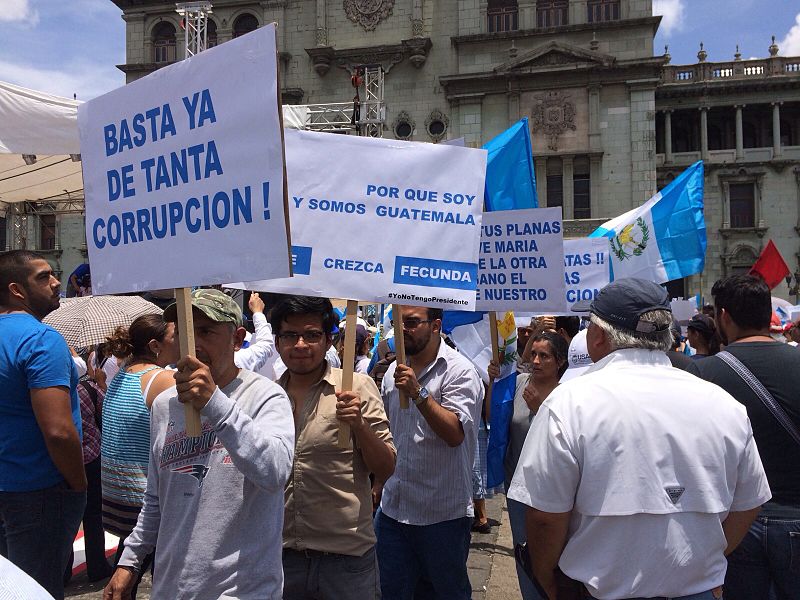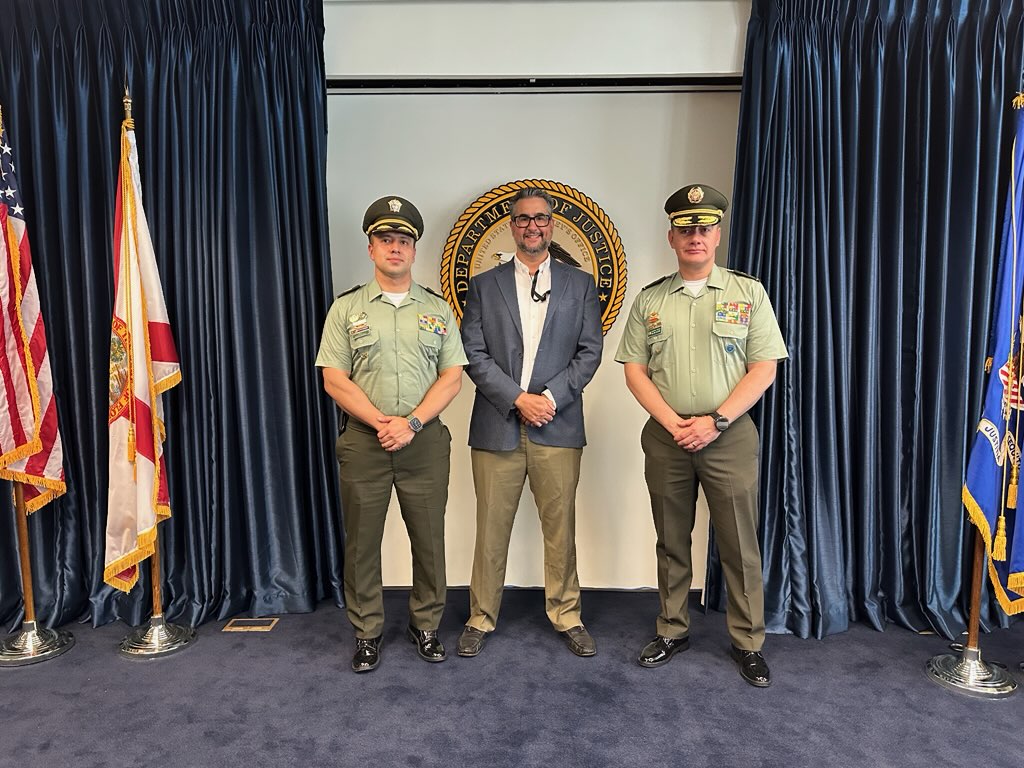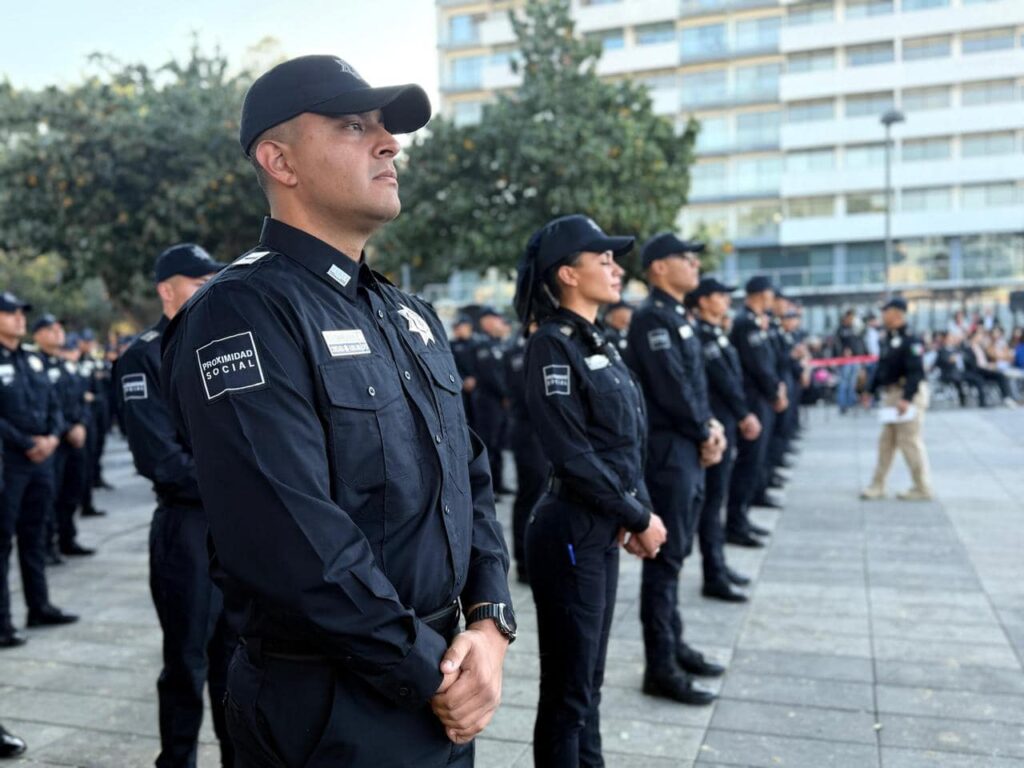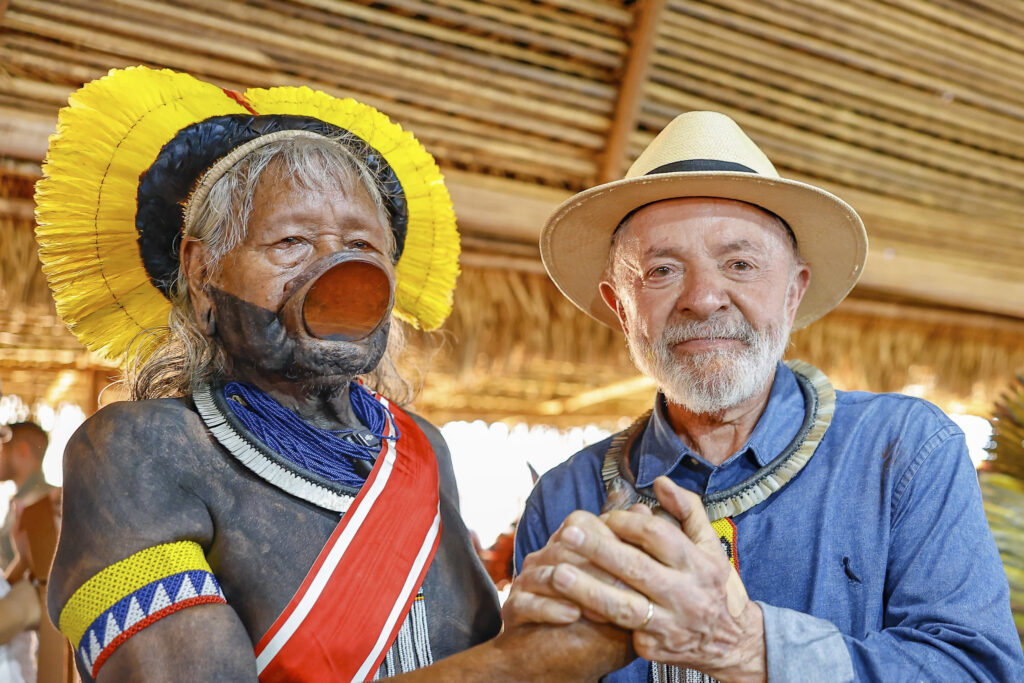The CICIG will close its doors on September 7 after 12 years. Its last and latest report, which was released on August 20, stated that the commission had identified 70 complex criminal structures and prosecuted more than 400 individuals in over 120 high-profile cases.
Incoming President Alejandro Giammattei said that he would not renew the mandate upon arrival in office in January, suggesting that the CICIG was running “smear campaigns,” Guatemalan news outlet Prensa Libre reported.
This opinion is not shared by the majority of Guatemalans however, according to a ProData poll. The 2019 poll revealed that 72 percent of citizens viewed the CICIG favorably.
Read more: Guatemala’s voters weigh in on 2019 election
The international commission works to fight corruption, which was one of the largest concerns during the 2019 elections in the Central American country, and is supported by the United Nations and Amnesty International. In 2015 it put former president Otto Pérez Molina in preventative detention, prosecuted his wife Roxanna Baldetti, and has worked to expose the complicated networks of corruption and criminality in Guatemala.
The CICIG also set a precedent for anti-corruption commissions in the region. Since its inauguration in 2007, Honduras installed the Support Mission against Corruption and Impunity in Honduras (MACCIH) and in El Salvador President Nayib Bukele promised an anti-corruption commission based on the CICIG, called the CICIES.
In his speech during the CICIG’s final presentation on August 20, CICIG Director Ivan Velasquez said over video that “Corrupt individuals can stop investigations, they can buy people out of prison, but they can’t buy a society’s conscience.”
Without the CICIG, Guatemala’s Public Ministry and Prosecutor’s Office will have to work alone. In its final report, the commission said that it was fundamental for the country to guarantee the independence of the justice sector and that removing the commission poses threats to the country’s justice system.











